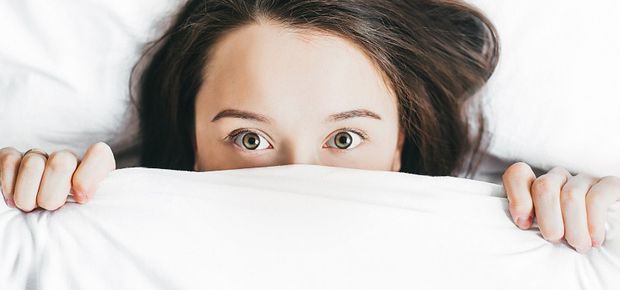
If you’re struggling to sleep, you may be curious if you have insomnia. But what is insomnia – and how can you manage it better to wake up feeling fresher?
What is insomnia?
Insomnia impacts 1 in 3 people. It’s characterised as having trouble falling or staying asleep to the extent that it affects how you feel in the morning.
What are the symptoms of insomnia?
Here’s how to tell if you have insomnia:
- Struggle to fall asleep
- Lie awake in bed for a long time
- Wake up throughout the night
- Wake up feeling like you haven’t slept
- Have low energy
- Troubles napping during the day, even when you’re tired
- Find it hard to concentrate
- Low or fluctuating mood
- Irritability
- Fatigue
- Poor performance during the day – such as at work
Chronic vs. acute insomnia
Generally speaking, there are two kinds of insomnia:
- Chronic insomnia: when you have poor sleep at least three nights a week, for three months or more. This could be caused by many things including shift work, diet, or even certain medications.
- Acute insomnia: when a life experience affects your sleep. This could be stress before a work presentation or school exam, or when you’re grieving or have experienced a trauma.
How to get help for insomnia
Whether or not you get a good night’s sleep can have a huge impact on your health, happiness, productivity and wellbeing. So it’s vital to seek help if you’re having sleep difficulties.
Speaking with a sleep expert or other health practitioner will help you make sense of methods and treatments for insomnia, so you can choose the right one for you. This may include talk therapy like CBT, meditation, yoga, herbal medicine, hypnotherapy, acupuncture or other treatments.
You can also look at improving your sleep environment. This includes switching off disruptive digital devices, investing in quality bedding and proper pillows, steering clear of sugars and caffeine before bed, and ensuring your room is at the right temperature and light.
|
Do you have a natural health & wellness business? |









